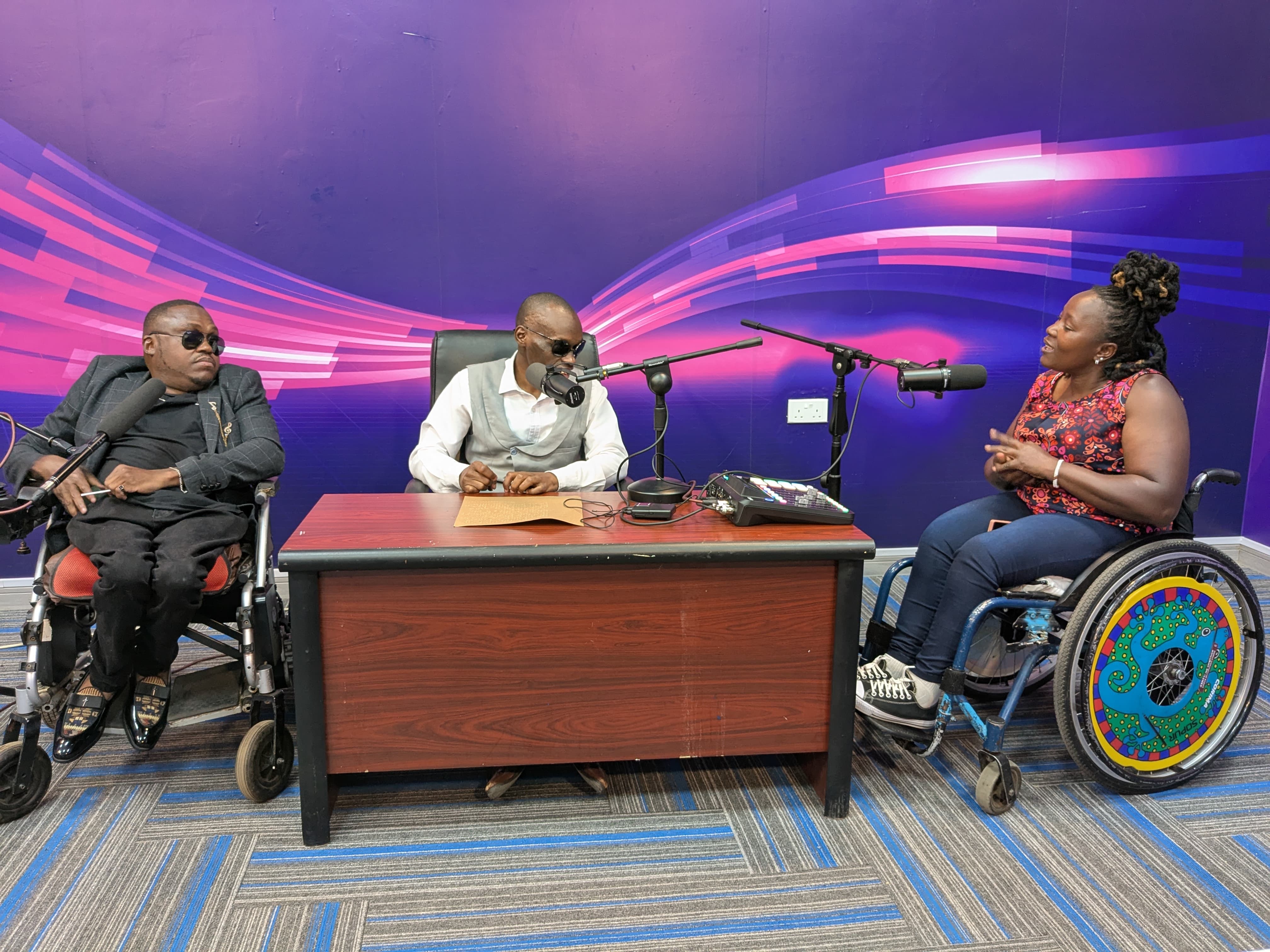Deaf Awareness Week: Sign Language Interpreter Challenges
A sign language interpreter plays a crucial role in the life of a deaf person, to aid in effective communication, service delivery, and service acquisition, during this process a lot of challenges are encountered between the two parties to promote understanding and facilitate communication.
Interpreting is a more complex activity than translation as it involves interchanging a source language with the target language, therefore being a deaf awareness week, let us understand the challenges faced by interpreters during this exercise:
Lacking a suitable word for the target language
One of the biggest challenges that they face is lacking a preferable word to use in the interpretation.
Sign language has less vocabulary compared to the actual language, thus, an interpreter may not be able to fully express what a speaker means.
Some of the reasons for this are that they may not have equivalents in other languages to describe subtle thoughts and they may have multiple meanings.
Some languages, such as Arabic, are more complicated which can make interpretations so difficult. Some words may simply reflect their meanings however, some few words may only mean halves of the term .
Difficulty in interpreting jokes, humor and sarcasm
"It is not easy to interpret humor, "said Esther Kendy a sign language interpreter at Signs media.
"Translating a joke into another language is difficult as the joke may lose its meaning," she added.
Humor translation is one of the serious challenges for interpreters.
Interpreting jokes, humor, and sarcasm are extremely challenging for interpreters as they have to localize them. Whenever they are conveying a joke, they are forced to keep the meaning and integrity of the message to avoid sounding offensive.
To help humor travel better, interpreters sometimes need to provide background information. In cases where the interpreters receive preparation materials early enough, it becomes easier to interpret.
The success in the interpretation is dependent on how well the interpreter understands the purpose of the humorous line or the joke. This however gets more difficult if there is liberal use of sarcasm, jokes, and humor in the course of the conversation.
Cultural Differences
"Each population has a way of communicating and expressing its messages, as well as its code when it comes to language, symbols, and understanding," Esther stated.
Interpreters rely not only in their excellent language proficiency but also in their vast knowledge of the different cultures, the cultural connotations of the spoken words, and how the language is expressed in a different culture.
Interpreters who work in community settings with participants from divergent cultural backgrounds may face difficulties conveying the source message into the target message accurately due to cross-cultural differences.
Interpretations vary from one cultural community to the next .As an interpreter, one may need to understand the different cultures in order to facilitate easier communication.
4.Untranslatable words
Sign language in its natural use doesn’t have the same idea of ‘’ word’’ as many hearers do .Interpretation is sometimes difficult as some words may not have a way to translate them.
"Missing words for some terms acts as a big blow," with this, the interpretation of some of the words is never direct.
In cases where there is no word to use in the interpretation, the interpreter is forced to use an almost similar word which in turn alters the meaning of the statement.
Missing to grasp every part during communication
During communication, an interpreter may fail to grasp every part of the statement.
With this, there is no clear interpretation that is done.
"The speaker may be so fast and hence you may miss to quickly flow with the pace."
In other cases, the interpreter may also fail to understand what was meant by the speaker.
Sign Variation
"Some of the signs have multiple meanings. An example is when an interpreter means to say ’hoping’ and ‘expecting’, the same sign is used." This may alter the meaning of what one speaker meant.
With this, an interpreter may pose a different meaning from what was meant by the actual speaker, distorting information.
Interpreting an unknown subject
Interpreters have to be quick thinkers and very reactive to improvisations. They know that nothing is more frustrating than looking for words during the interpretation.
This is why they usually request to meet with the speaker(s) beforehand. Certainly, they know the basic information: interpreting mode, venue, date, and languages.
Additionally they usually want to be briefed about background information: the subject matter, the technical conditions as well as the availability of texts and documents. If interpreters are ill-prepared and unfamiliar with the topics to be discussed, they won’t be as confident and will feel more worried.
The interpreters are forced to go over the terminology and familiarize themselves with the content of the discussion so as to be more accurate.
Tracing the history of interpreting, new words and grammar are added with new rules hence language evolution will initially affect texts.
A good interpreter not only needs to know the language they translate, but also the culture, history, and linguistic context of the source language as well as the target language, to get a better grasp of the content they are interpreting and to provide the best output.
BY STACY EDITH
Tags: Signtv Sli Challenges Deaf Awareness Week
Related
Share this article
Experienced and versatile writer, dedicated to using my exceptional writing and editing skills to inform and advocate. My work focuses on educating and entertaining readers on a range of topics, with a particular expertise in matters of disability.
View articles

